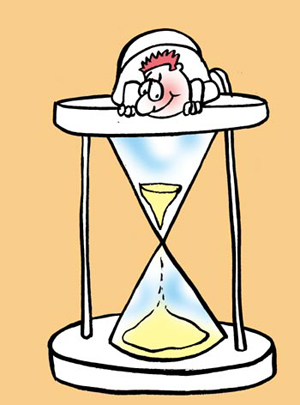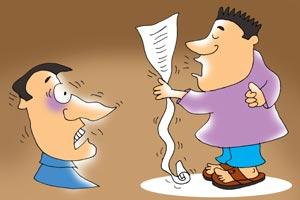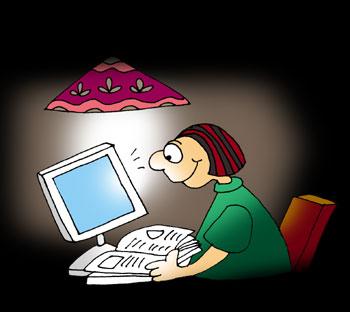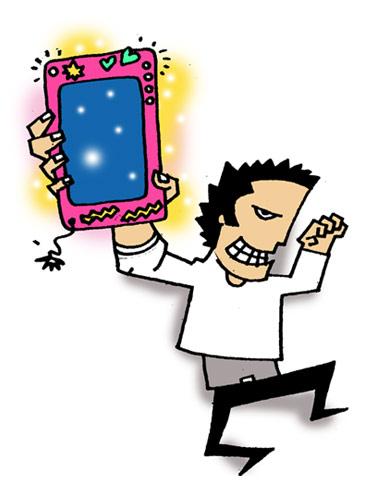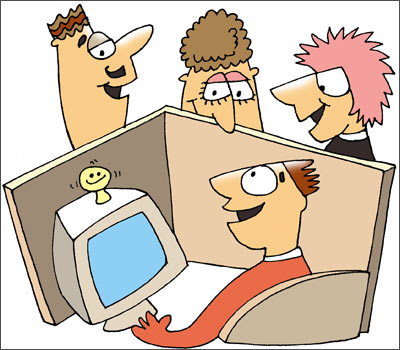 | « Back to article | Print this article |
Six simple ways to organise effective meetings
Parul Banka lists out simple but super-effective ways that can help make a meeting more fruitful
Our most common response when we get summoned for a meeting is usually, 'Not again!'
Reasons for such a response are many.
Meetings usually start late and therefore end late; they serve as an interruption in work (especially when there is loads of work that needs to be done) and give little output; they invariably digress from the main discussion agenda, when there is one and there are just too many meetings that happen as output per meeting is less than what we would want to be.
That I suppose is a good enough assortment of reasons why we dislike meetings. But can something be done to make meetings more effective? Thankfully, the answer is yes.
Over the last one year, I had the opportunity to work with several people from different organisations and I noticed that meetings organised by these people were completely different from the ones organised by most of us.
These were the rules they followed:
About the writer: Parul Banka is a Human Resources and Training professional.
Punctuality
In case of a particular organisation, the rule was if a meeting has to start at 2:30 pm, the room must be full latest by 2:25 pm.
In case someone is unable to make it on time, the meeting starts anyway. No one waits
As a consequence people know that the meeting would start on time and make it a point to reach accordingly.
I remember that I was once organising a presentation in my earlier organisation.
A lady walked in at 40 minutes late! I politely requested her to attend the next session on the same topic, whenever it would be organised.
She left looking disgruntled and subsequently sent me a huge stinker email for not letting her in. I really wish we could develop better attitude towards timeliness.
Agenda
I have noticed that some organisations have a very clear meeting agenda that gets circulated to all the potential participants beforehand.
Inputs are sought while preparing the agenda.
Once the agenda has been prepared and circulated, typically no deviation happens during the meeting.
That is a good practice
Preparation
This is where we could definitely learn. Here, all the participants prepare well for the meeting and have their points ready (usually as notes) when they go for the meeting.
Some people attempt to think impromptu while the meeting is on.
While it may work, the impromptu thinking takes some time, resulting into spill over beyond the designated time. It may also result into loss of points.
Decorum
In many organisations, it is ok to have cell phone on your desk when a meeting is in progress. But this does not apply everywhere.
A cell phone in our ready reach (on the table) distracts us with an SMS or a call. No phone means that no one looks at the phone and the person is completely focussed on the discussion.
Keeping the cellphone on the silent mode and away is an unsaid meeting etiquette.
Chairing the meeting
I found this concept very useful, particularly for recurring meetings, like monthly status update meetings. One person chairs the meeting and the other one takes the minutes.
The person chairing the meeting runs the agenda, irrespective of the hierarchy. Everyone else follows that person and there is no crosstalking. This helps in maintaining decorum too.
What I found useful is that various team members take turns to run the meetings. For instance the notes-taker chairs the meeting next time and someone else takes minutes until everyone gets covered.
The minutes are then documented and circulated to the entire team for feedback and the final version is stored for future use.
The next monthly meeting starts with the pending action points of the previous meeting and thus, the loop gets closed.
The participants' time is important
The time of participants is not taken for granted and therefore the meetings must end on time. It is not OK to assume that the meeting could be extended. Since, everyone works with the same attitude; this is the norm and not the exception.
When I organise meetings and if people come unprepared or late, I still like to finish meetings on time. In both the cases, people get less time for effective discussion. Gradually, I earned the reputation of running meetings on time and people would come prepared and on time. Discipline is important, of course.
Try to implement these points next time when you organise or attend a meeting and see the difference in results.

